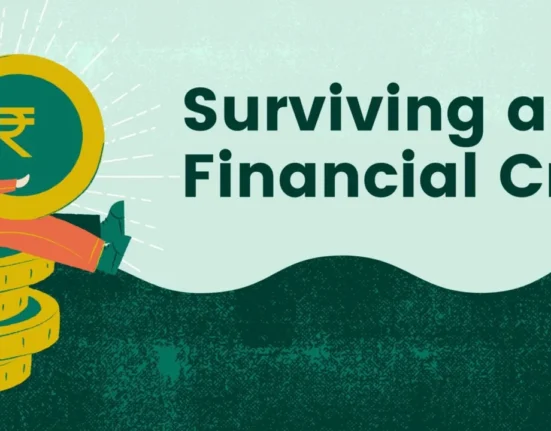Learning to manage your financial affairs is one of the most significant acts you could be doing to achieve financial security and peace of mind in the long run. Financial planning doesn’t have to be complicated—even for those new to managing their finances, there are straightforward strategies to implement to manage your money effectively, activate your goals, and build long-term wealth. Whether you’re just beginning your journey or looking for ways to refine your approach, these 10 savvy tips will steer you toward financial independence.
1. Understand the Basics of Financial Planning
Financial planning is the starting point for the personal finance journey. It is about evaluating your current financial situation, defining objectives, and devising a method to reach them. For newcomers, this implies recognizing income, running expenses, savings, and debt. By doing this, you will get a clear insight into where you are spending your money and how to allocate it effectively.
2. Create a Clear Budget
Budgeting is an essential part of financial planning for beginners. Having a budget that is well planned helps you keep track of your expenses, not overspend, and put money towards your priorities. Use budgeting computer software or have a budgeting sheet to sort out your income and expenses. Begin with listing stable costs such as mortgages, electricity, and insurance, after those variable expenses, for example, dining out or playing. Stay on a budget so that you can live within it.
3. Prioritize an Emergency Fund
Unforeseen expenses, such as medical costs or car repairs, can bust your budget. Having an emergency fund is another of the most important family financial planning tips and helps as a financial safety net against the unexpected. Try to save 3 to 6 months’ worth of living expenses in a different, easily accessible account.
4. Minimize and Manage Debt
Debt can quickly get out of hand if not controlled correctly. One of the best personal finance tips for beginners is to prioritize high-interest debt, like credit card balances. Take a look at approaches like the debt snowball approach, where it is recommended to pay off smaller balances first, and the debt avalanche approach, where having the highest interest rate debt payments scheduled first is the primary choice. Avoiding excessive credit card use is another way to prevent debt.
5. Focus on Saving Early and Consistently
For young folks trying financial planning for the first time, it is crucial to start saving early in life. Compound interest is a powerful thing over time, and even the smallest contributions can grow very big over time. No matter what your goal is—whether it’s saving up for a vacation, a down payment on a home, or retirement—set up to have money automatically transferred from your checking to your savings account to make it a habit.
6. Invest in Wealth Management for Long-Term Goals
Wealth management for beginners might seem scary, but it is something essential in planning and finances. Spread your investment across various asset types, including stocks, bonds, and mutual funds to manage risks and get the best possible returns. If you’re unsure what to do first, speak to a financial advisor, and they will be able to tailor recommendations to meet your needs.
7. Plan for Retirement Early
Moving to retirement may feel like a far-off concern, but getting a head start could add up. Think about putting money into a company-matched 401(k) plan or an individual retirement annuity (IRA). Lots of companies have contribution-matching plans, an effective zero-cost way to let your savings grow. This is a major when it comes to both personal finance for beginners and long-term financial stability.
8. Protect Your Assets with Insurance
A complete financial plan provides suitable insurance for your health, property, and income. Unexpected incidents like accidents or natural disasters can cause substantial financial damage. By purchasing appropriate insurance, you secure your wealth as well as safeguard your family’s financial future.
9. Develop Healthy Financial Habits
Solving your financial situation isn’t just about the major decisions-it’s about the everyday habits as well. Be sure to keep careful track of your expenses, skip any impulse buys, and review your budget as regularly as possible. Being frugal and knowing the distinction between needs and wants are essential skills in beginner financial planning.
10. Continuously Educate Yourself About Financial planning
Taking care of your finances is something that will improve as you get older. Things like books, podcasts, and online courses can be a resource to keep you informed. Learning about things like financial planning, wealth management, and investing gives you the confidence to make informed decisions about your finances as your circumstances change.
Final Thoughts
Managing your finances requires intentionality, but the outcome is worth everything. By making faithful savings, living sensibly, and investing wisely, you can have financial stability and pursue the life you’ve always wanted. By using these tactics and considering essential elements of financial planning, even beginners can lay down solid financial roots.
Feel empowered to take control of your finances with these tips, and you will be well on your way to becoming a financial planning pro, reaching your financial objectives easily.








